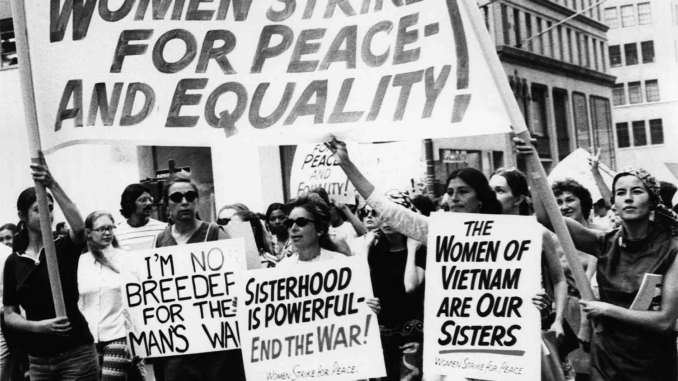
March isn’t just any month; it’s Women’s History Month—a time when we celebrate the amazing achievements of women throughout history. The 31-day celebration is recognized across the world, in the U.S., U.K., Australia, and beyond. It serves as a reminder of the pivotal role women have played and continue to play in shaping our society.
The month features International Women’s Day on March 8, which is a special highlight of the celebration centering on female empowerment and resilience. Time Magazine reported that the date of March 8 became significant back in 1917, when women in the Russian capital of Petrograd went on strike, demanding the end of the empire. A week later, the emperor stepped down. In 1921, women’s rights activists suggested that March 8 become International Women’s Day in honor of this achievement, and the rest was history.
This year, in the annual presidential proclamation declaring Women’s History Month, President Biden encapsulated the essence of the month saying, during this time, “We celebrate the courageous women who have helped our Nation build a fairer, more just society.” This year’s celebration is guided by the theme “Women Who Advocate for Equity, Diversity, and Inclusion,” which was set by the National Women’s History Alliance. This theme delves into the ongoing struggle against bias and discrimination, emphasizing the crucial role of women in forging a path toward a more inclusive future.
But, how did this celebration begin? Its origins trace back to 1978, in Santa Rosa, California, where a local week-long celebration in schools kick-started the movement. The idea caught like wildfire, and in the years following, communities all over the country started hosting their own Women’s History Week. Recognizing the immense impact and success of this initiative, activists pushed for a broader observance.
The leap from a week to a month-long celebration came in 1987, thanks to the relentless efforts of the National Women’s History Project (now the National Women’s History Alliance). They petitioned Congress to extend the event, emphasizing the need to dedicate more time to uncovering and appreciating the often overlooked contributions of women to society, past and present. Their successful campaign led to the official designation of March as Women’s History Month, a decision that has been annually honored by every U.S. president since.
Women’s History Month is more than just a period of acknowledgment; it’s a vibrant and essential reexamination of history, spotlighting the innumerable achievements of women. From pioneering scientists and artists to influential leaders and activists, March encourages us to delve into the stories of women who have shaped our world.
References: https://www.womenshistory.org/womens-history/womens-history-month https://time.com/6837254/womens-history-month-surprising-facts/